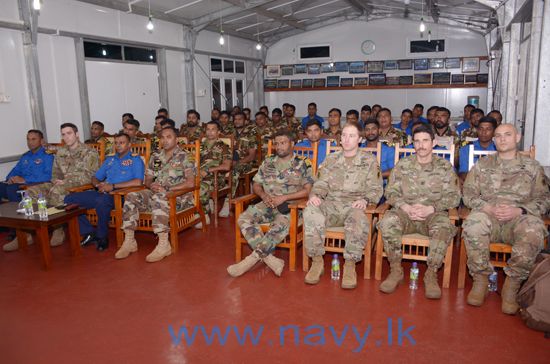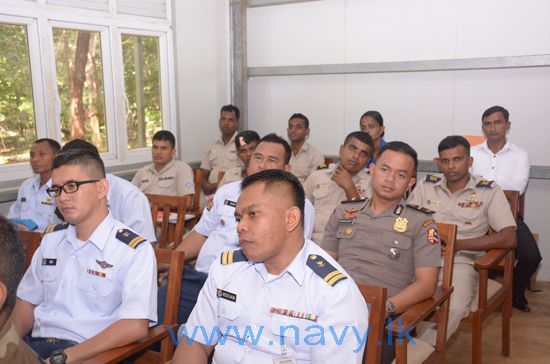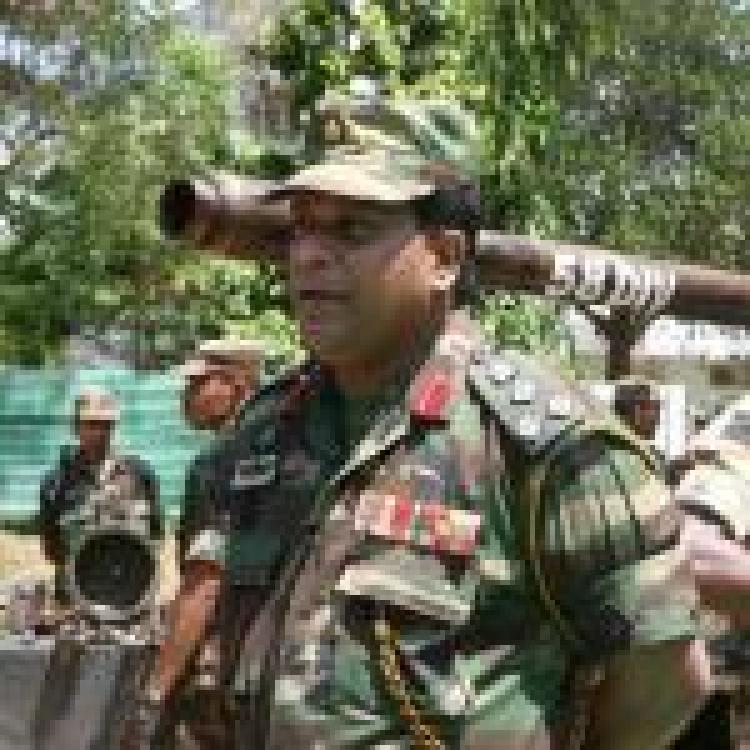The United States continued its military relationship with Sri Lanka, as American troops took part in a Joint Combined Exchange Training (JCET) in Trincomalee this month, despite the US State Department placing sanctions on the head of the Sri Lankan army.
The course, inaugurated at the Sri Lankan navy’s occupying Special Boat Squadron Training School in Trincomalee earlier this month, will reportedly focus on several areas including “Human Rights, Law of armed conflict, Small unit tactics, Military operations in Urban Environment, Tactical Combat Casualty Care, Combat Marksmanship, Close Quarter Battle, Mission Planning, Maritime Operations”.
The Sri Lankan navy said the exercise “will help to develop professional skills and exchange of knowledge between personnel of US Army and SLN”.

The latest such exercise comes despite the US placing travel sanctions on Shavedra Silva, the head of Sri Lanka’s army, over his involvement in mass atrocities. Silva oversaw a notorious military division that was involved in shelling hospitals and executing surrendering Tamils, in an offensive that killed tens of thousands of Tamils in 2009.
The Sri Lankan military though continues to uphold its relations internationally, even conducting a ‘search and seizure’ course to Malaysian and Indonesian troops who visited Trincomalee this week.
The Visit Board Search & Seizure (VBSS) Course was conducted at the Sri Lankan navy’s occupying Special Boat Squadron Training School in Trincomalee on March 9, reportedly under the directives of Commander of the Navy, Vice Admiral Piyal De Silva.

To date, no Sri Lankan soldiers have been held accountable for the massacres of 2009. Sri Lanka though, has continued its involvement with training programs abroad and expanded its military ties, despite a lack of accountability for rights abuses.

